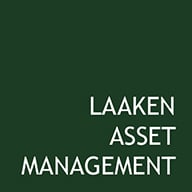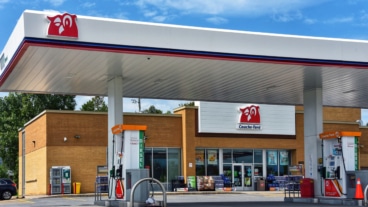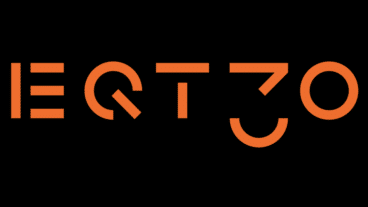Introduction
ASML supplies photolithography machines to the major chip manufacturers in the world, including Intel, TSMC and Samsung. Photolithography is a process in which small patterns are etched on semiconductor materials such as silicon by the manipulation of light. These patterns form the transistors that are the basis of a computer chip.
Through ongoing innovation, ASML strives to realize as much pattern as possible on the smallest possible surface. This enables manufacturers to make chips that are increasingly powerful and/or smaller. The etching is done with light. Light travels through matter in a waving motion. The distance between two peaks in a wave is called the wavelength. The number of peaks is called the frequency. Shorter wavelengths have a higher frequency and a higher transfer of energy.
ASML distinguishes two types of lithography machines:
- Deep ultraviolet (DUV): DUV uses wavelengths up to 193nm. Patterns and structures can be etched up to half the size of the wavelength. In addition, more complex techniques can be applied, with which chips can be made with details up to 5nm. A nanometer is one billionth of a meter; one hundred thousand times thinner than an A4 paper. ASML makes a distinction between two types of DUV:
- Dry: the conventional method, in which a structure is etched by means of a lens.
- ArFi (Immersion): the space between the lens and the semiconductor material is filled with a liquid that allows light to travel faster.
- Extreme Ultraviolet (EUV): EUV is a technique designed by ASML. The method is very complex, but the most important thing is that EUV uses wavelengths of 13.5nm. That is 14 times shorter than DUV. With additional steps, EUV can create chips that are significantly smaller and more efficient than DUV. ASML is the only supplier of EUV machines. New chips, including Apple’s M1 chip in iPhones, are manufactured using ASML’s EUV technology. ASML is currently working on High NA EUV which can realize chips with details smaller than 1nm.
Valuation
ASML‘s position in photolithography resembles a monopoly. They have a market share of approximately 90% in ArFi and 100% in EUV. Due to the significant increase in connectivity and data usage, the demand for computer chips has increased enormously over the past ten years. With strong growth prospects, ASML stock is now trading at 38 times the expected 2022 earnings, making it one of the highest valued stocks in our portfolio. However, it is also important to consider the growth prospects. ASML organized an investor day in September 2021. During which, management expressed new expectations up to and including 2025. During the previous investor day in 2018, management expected €18 to €24 billion in revenues in 2025. This expectation has been adjusted to €24 to €30 billion. The new targets translate into an expected earnings growth per share of >17% per year until 2025. Management is internally preparing capacity for more revenue than their recent guidance. Possible additional revenues were explained by management as due to the demand, which in the future may, as in previous years, be higher than expected. An important aspect that ASML does not include in their 2025 expectations is the political tension surrounding chip manufacturing. Governments increasingly see chip manufacturing as a strategic issue. The US, EU and China plan to spend a sum of €150 billion to make chip manufacturing less dependent on regions such as Taiwan. As a result, we are prepared to pay the higher valuation for ASML.
Risks and ESG
ASML operates in the chip industry. This industry is sensitive to economic cycles. ASML spends less than 5% of their revenue in capital expenditures as opposed to chip makers such as TSMC and Intel that spend 30% and 50% respectively. The company therefore generates a strong free cash flow, which facilitates the continuous share buybacks and a 0.5% annual dividend. ASML is less sensitive than the chip manufacturers to direct demand for chips, but it is dependent on the capital investments of the concentrated group of chip manufacturers. In addition, ASML benefits from a structural growth in the use of chips. For example, even if car sales falls, the number of chips per car continues to rise.
ASML also meets our ESG requirements. The company develops photolithography technology that makes chips up to three times more energy efficient every two years, has a step-by-step plan to achieve net zero emissions in their supply chain by 2040 and scores above 80% in ESG scores from, among others, S&P Global, MSCI and ISS.







